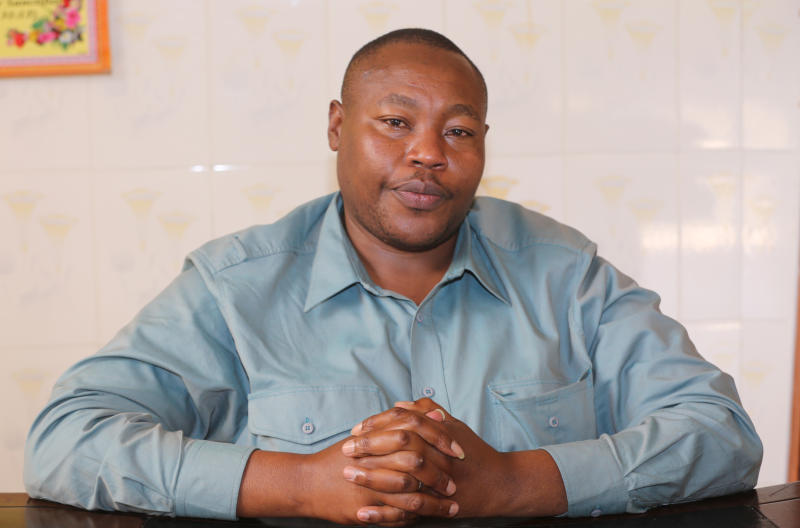×
The Standard e-Paper
Home To Bold Columnists

Nakuru County mortuary Mortician Titus Kithiya Kiio at his office on September 5, 2018. [Kipsang Joseph, Standard]
Nakuru County is mourning the death of a dedicated mortician whose professionalism and mien helped many families in Nakuru and beyond bear the pain of losing their loved ones.